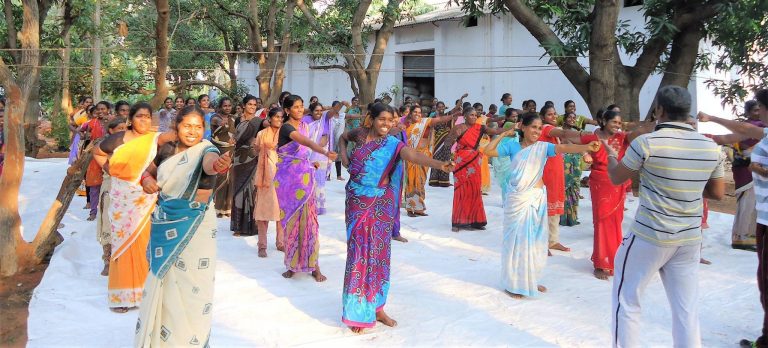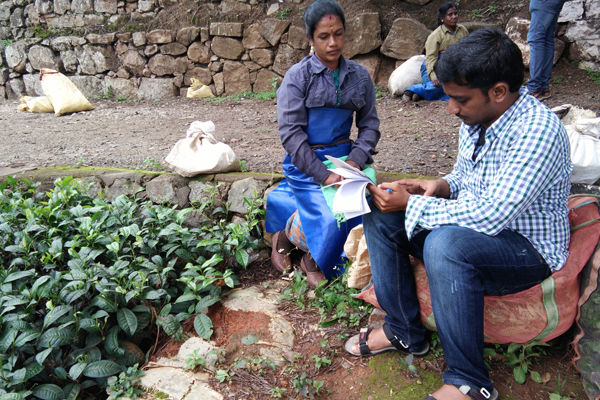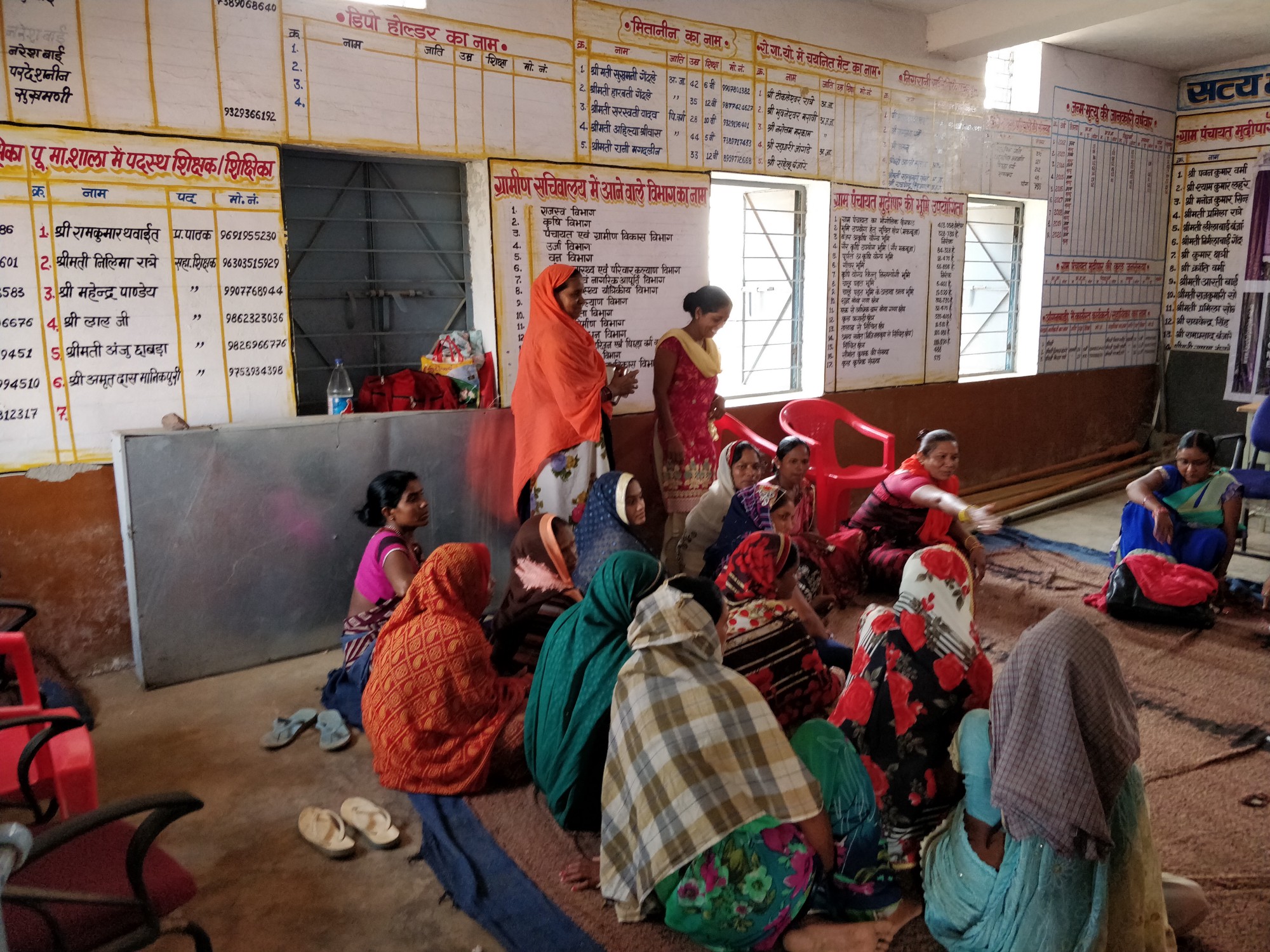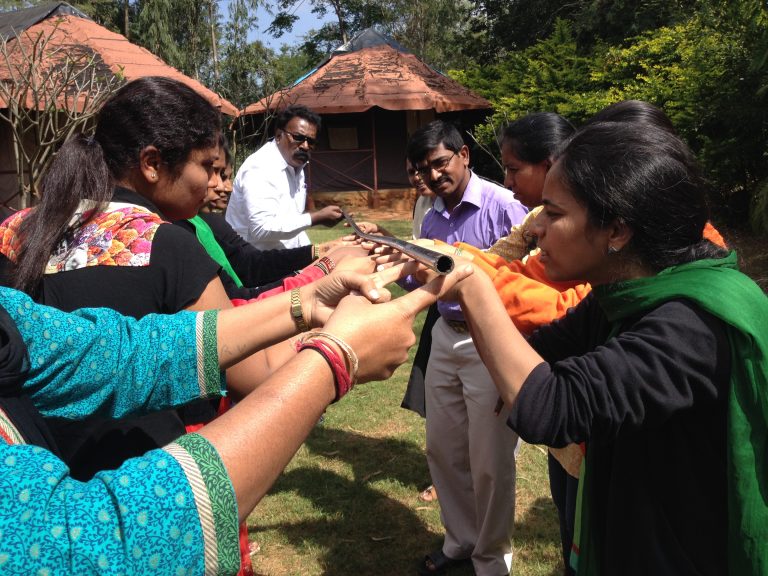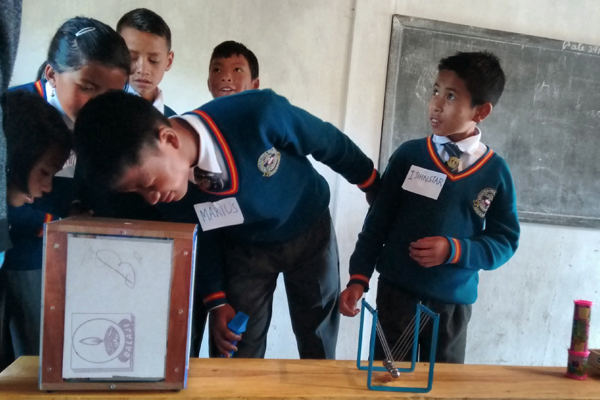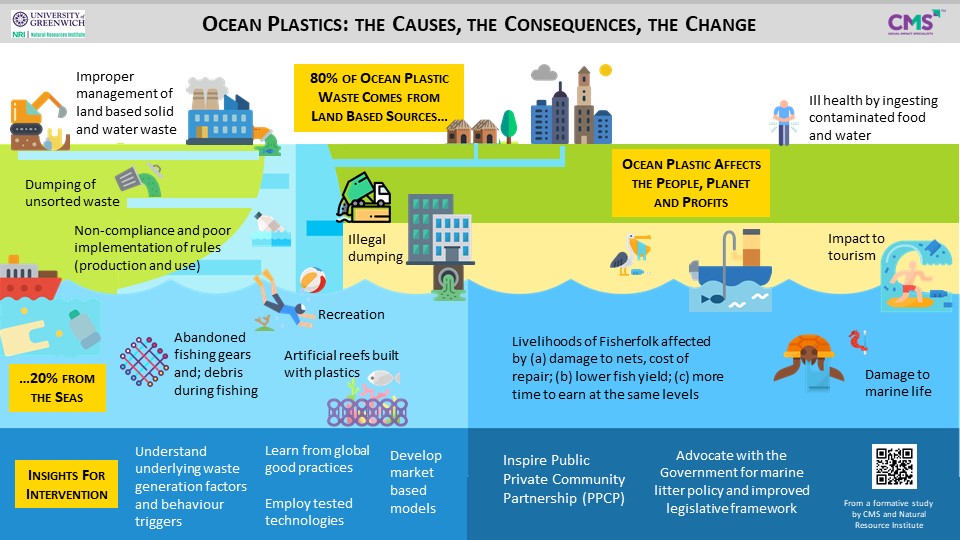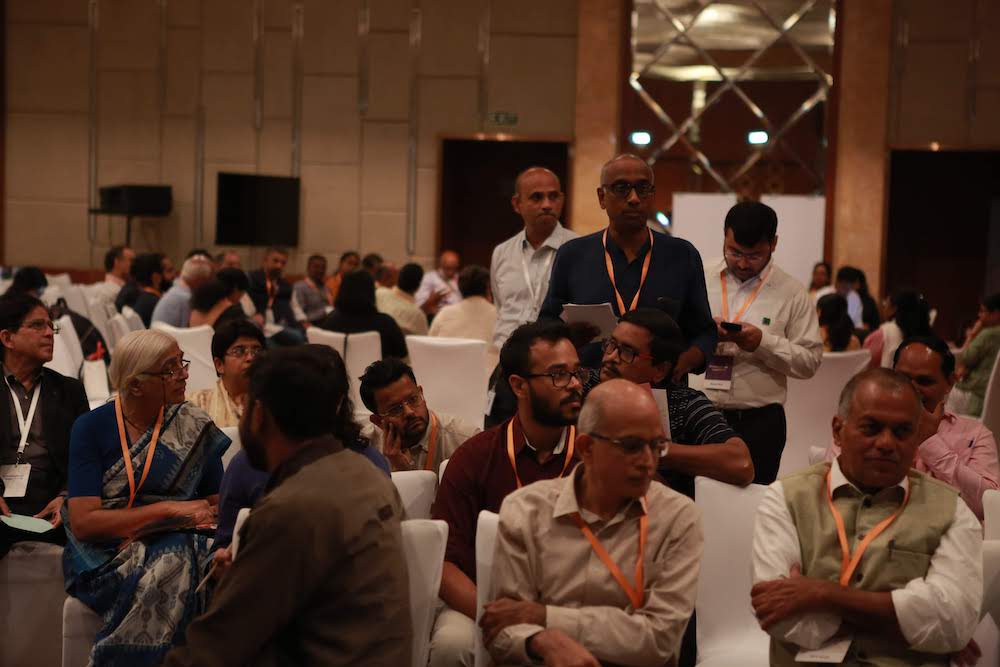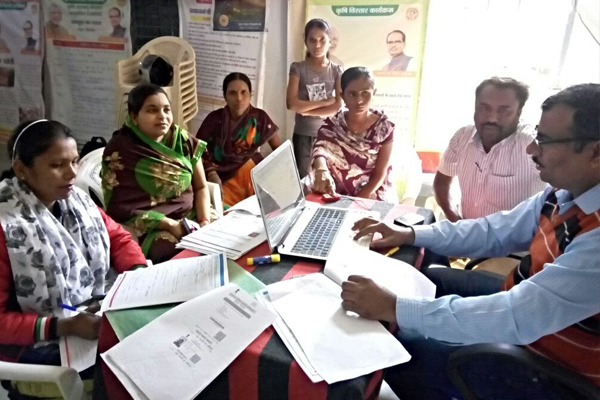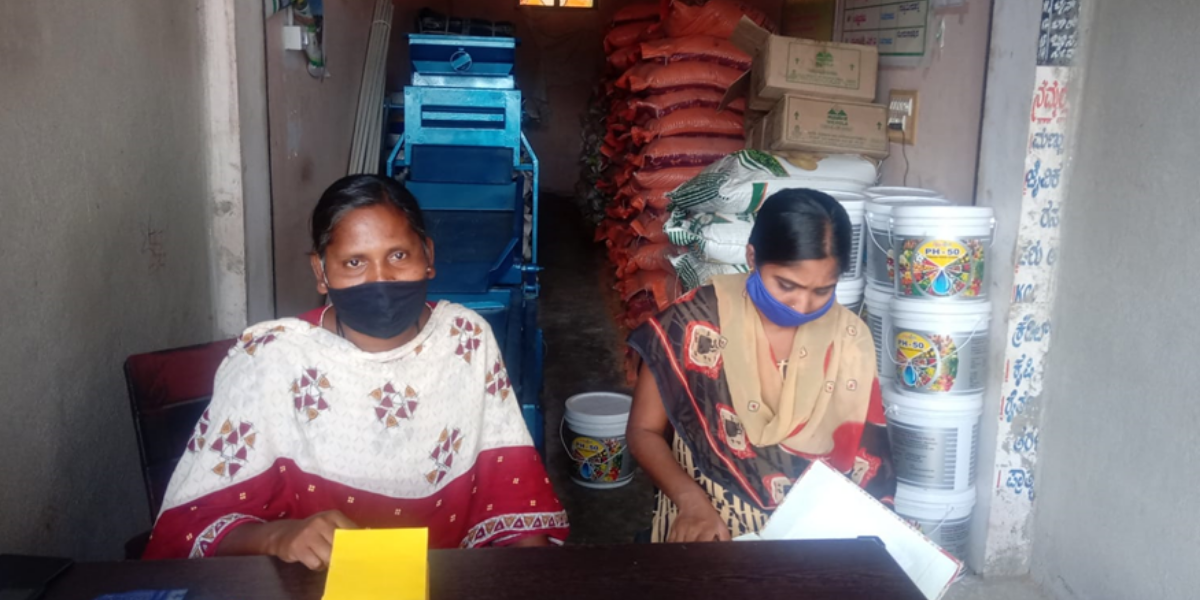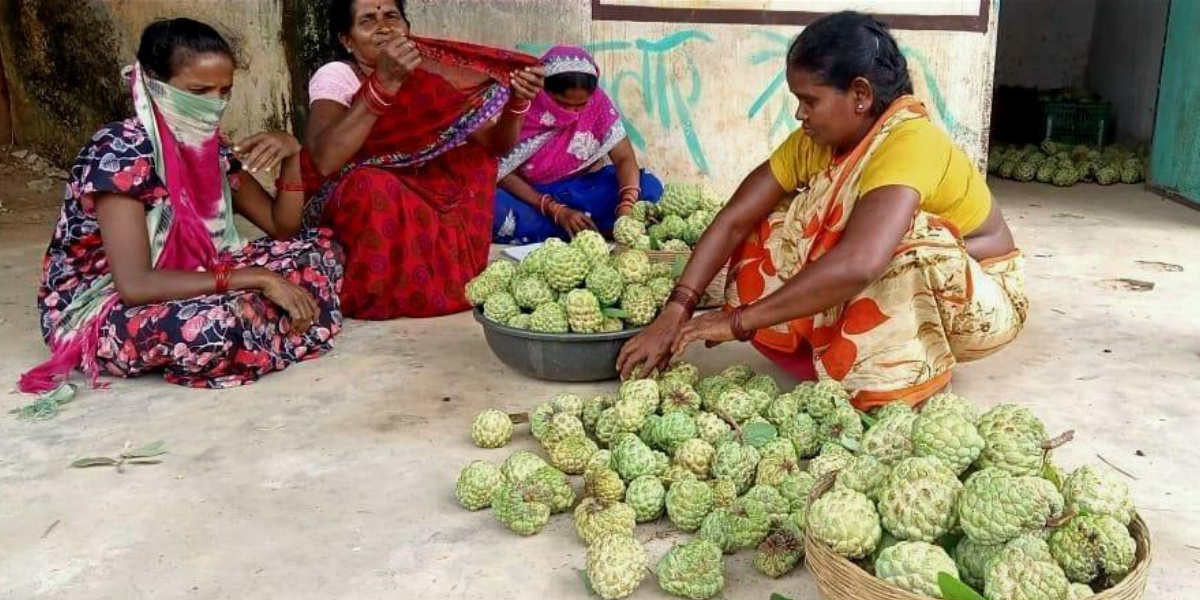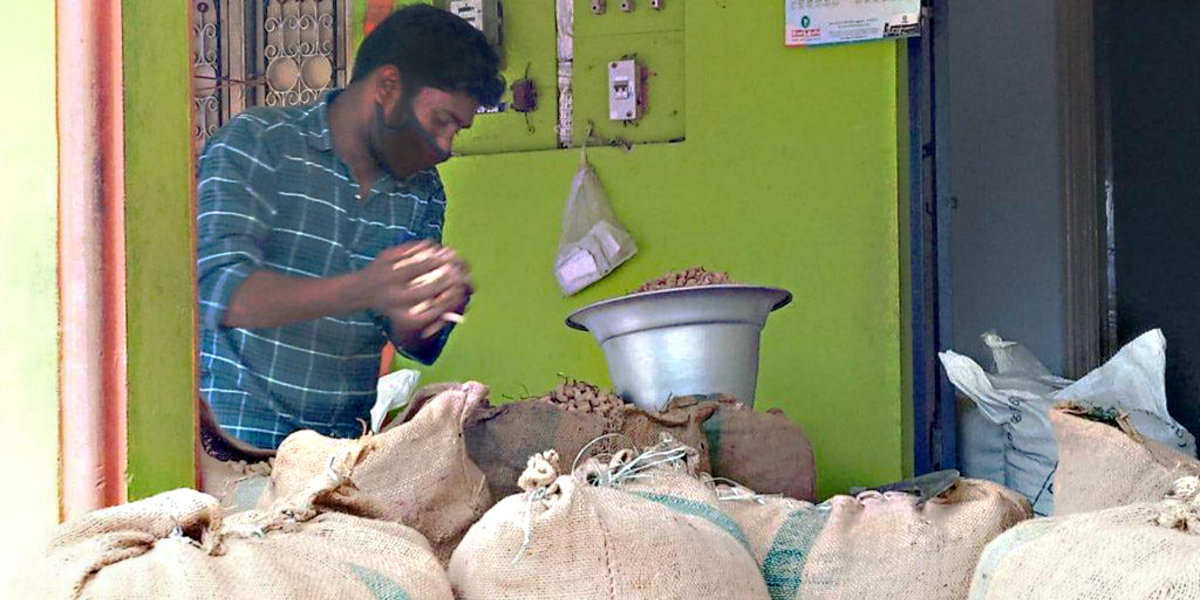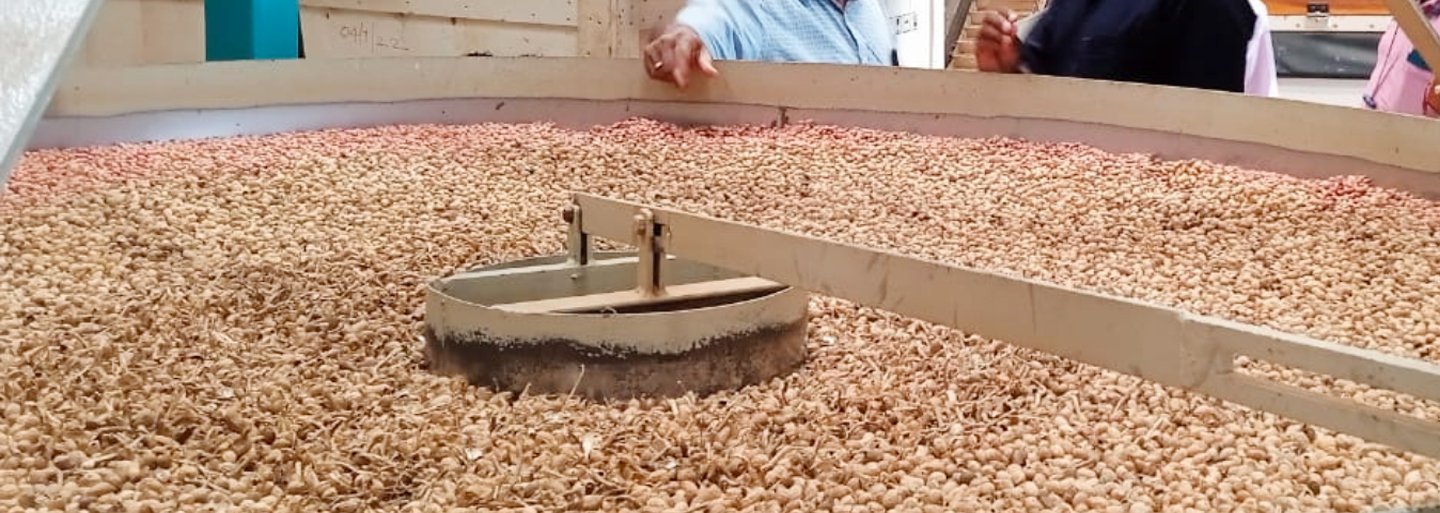GENDER & WELL-BEING
Gender equality is not only a fundamental human right but a necessary foundation for a peaceful, prosperous and a sustainable world – Goal 5, SDGs.
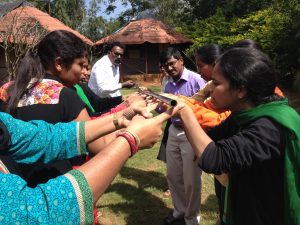
Case Study – 1: Feeling safe at the factory
The HERrespect project implemented in partnership with Business for Social Responsibility (BSR) aims at building sensitivity around gender equity, gender-based violence and discrimination.
During one such implementation, the Wellbeing for Workforce (W4W) team attended the final closing meeting of the programme in which the factory and the senior management had also participated, to share their experience, successes and learnings. A woman participant stated, “I have been working in this factory for more than 10 years now. For the first time, I feel safe at my workplace, all thanks to the HERrespect programme.”
The management representatives were defensive and embarrassed for such a public statement. A management representative asked, “What do you mean by ‘for the first time?’ Does that mean that the management has done nothing so far to make you feel safe, despite having such good infrastructure and facilities here?”
One of the senior leadership from W4W said, “Sir, that is not what she meant; we have to look at it differently. The programme has led to system strengthening and improved visibility of progressive action of systems and facilities among workers. Hence, they realize they are safer in the workplace now. We must acknowledge the courage of this young woman in expressing what she feels.”
Thus by strengthening the factory systems, building capacities and enabling the work environment, our team is enabling empowerment of women – who are gaining confidence and voicing their opinions freely.
Case Study – 2: Knocking on the door to stop violence
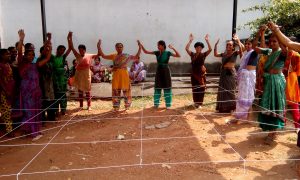
Madhavi (name changed) works as a tailor at Shell Apparels. Her friend works in the same factory and lives in the same neighbourhood. Her friend’s alcoholic husband would get drunk and physically harm his wife every single day. Madhavi would often wonder how to help her.
Madhavi participated in a life skills training programme conducted by the W4W team where she learnt about ways to stop the violence. One day, Madhavi heard her friend’s husband yelling and screaming in the neighbourhood. From her previous experience, she knew that the incident would balloon into violence. She chose to stop the violence by adopting the ‘Ring the bell’ ‘Bell Bajao knocking on their door, using the lessons learnt from the training sessions on gender.
Madhavi walked across the street and knocked on her friends’ door. Madhavi’s friend opened the door and was relieved to see her friend. Madhavi engaged in a conversation with her friend’s husband about his favourite actor; showed him a movie of the actor on her phone and he began to watch it. By talking to him about the scenes in the movie, Madhavi diverted his mind and ended the fight. She stayed back to eat dinner with them.
She says, “We must intervene and stop the violence. The other night I diverted my friend’s husband’s mind, and stopped the violence that would have otherwise cost us a life.”
Case Study – 3: Finding the Silver Lining
Champa Ramesh Borpi hails from a small village named Arnala in Gujarat. She works in the packing department with Flair Writing Instruments. Married at 18, she had three children (two sons and a daughter), and has been the sole provider for her household after her husband met with an accident.
Champa got her daughter married when she was only 16 years old and her daughter gave birth to her first child when she was 18. Unfortunately, Champa’s daughter died by suicide because of the physical and mental torture meted out to her by her husband. Champa was devastated and unable to deal with the loss of her daughter, and it affected her health and her performance at work.
Champa participated in the Advanced Training conducted by the W4W team under the ‘Women in Factories’ programme at Flair. The training programme built her resilience to overcome the loss of her daughter and she became an advocate for girls’ education and independence, sharing learning with her peers in the factory.
She says, “I wish I had an opportunity to attend these life-changing training years ago. I wish I had educated my daughter, perhaps she would have been better equipped to face her problems in life. The training has built my self-confidence and I now know that boys and girls must get equal opportunities.”

